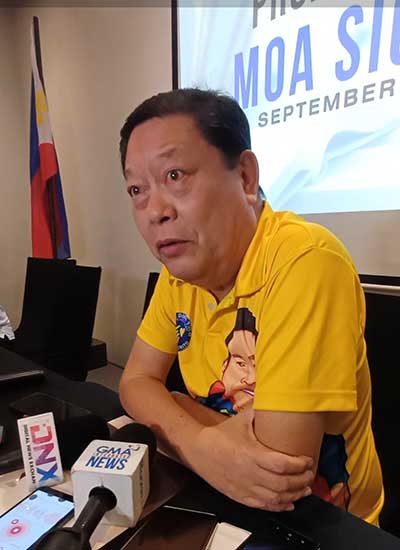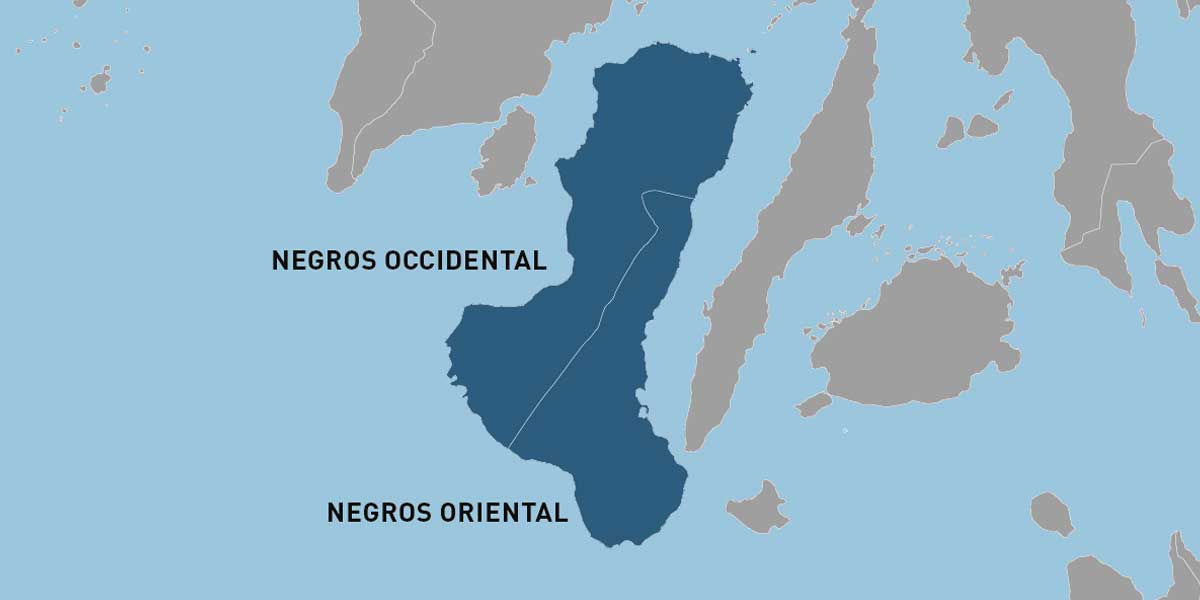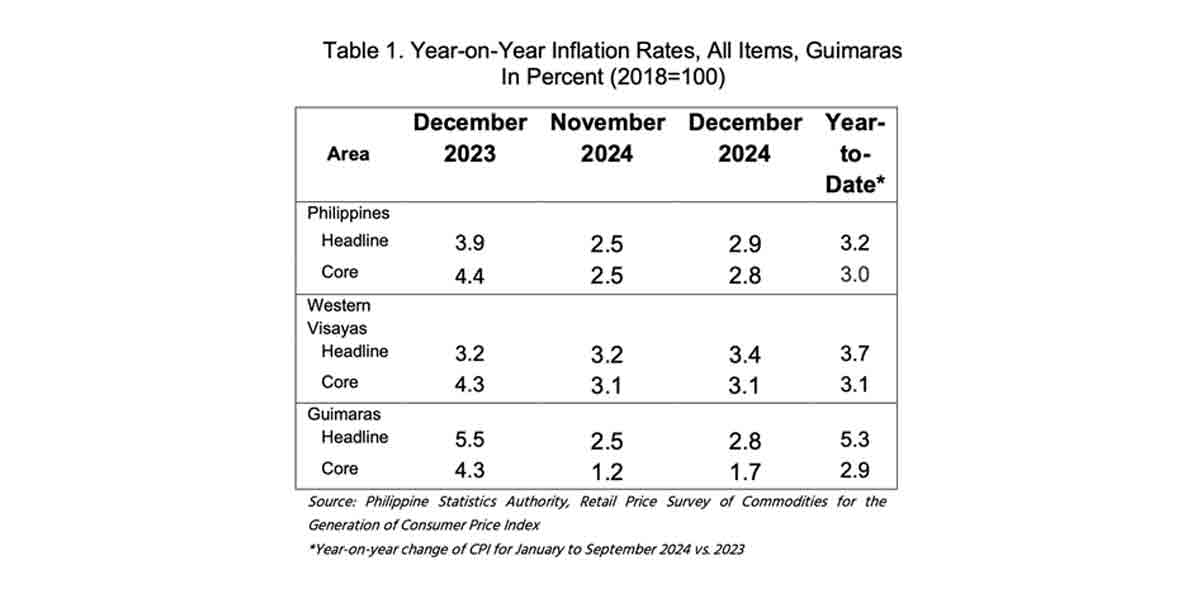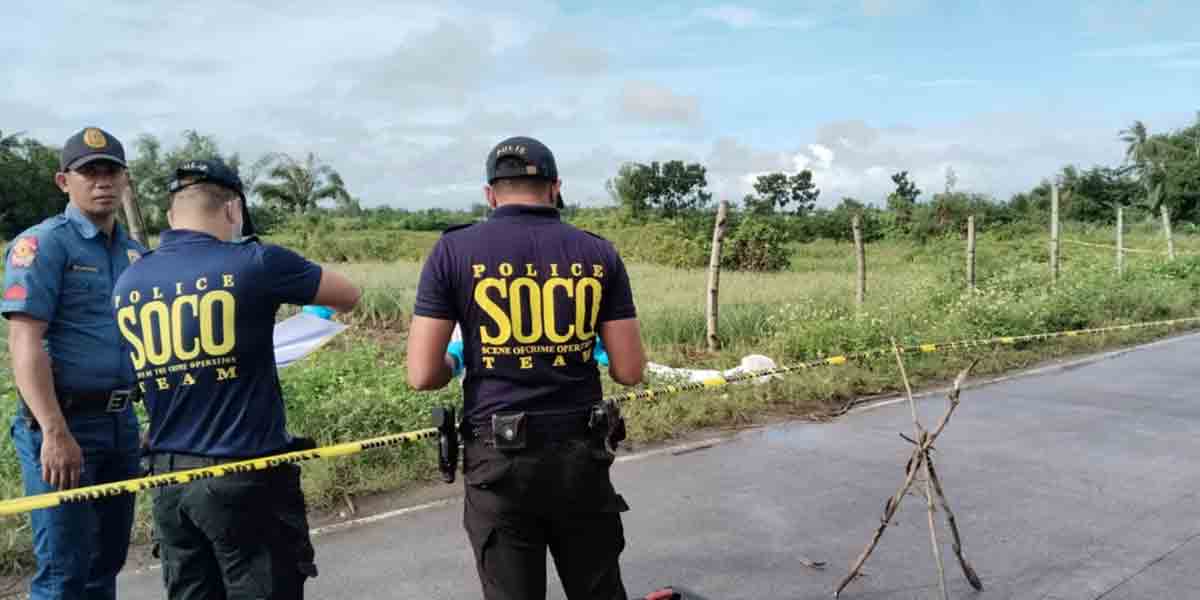
By Dolly Yasa
BACOLOD CITY – A lawmaker from Negros Occidental has warned that a petition filed with the Supreme Court challenging the implementation of Republic Act 12000, also known as the Negros Island Region (NIR) Act, could delay the region’s establishment.
“We will be momentarily delayed, especially if the Supreme Court issues a Temporary Restraining Order (TRO),” Fifth District Rep. Dino Yulo told reporters on Wednesday.
He added, “But of course, we leave everything to the Supreme Court for the ultimate decision.”
Yulo also noted that the signing of the Implementing Rules and Regulations (IRR), which was expected by the end of August, did not happen as planned.
“We are eager to hear from the Department of the Interior and Local Government (DILG). They were supposed to provide us with a timeline, but if a TRO is issued, it will affect our schedule,” Yulo said.
Addressing the petition filed with the Supreme Court, Yulo emphasized, “First, let’s put it on record that it is allowed under the law for anyone to seek legal remedies if they question the constitutionality of RA 12000. However, based on the issues I’ve seen in the media, particularly regarding the alleged lack of consultation, I don’t think it will hold. We conducted everything in accordance with the law.”
Yulo also addressed concerns about the need for a plebiscite.
“I don’t see any reason or provision in the Constitution that would require a plebiscite for the creation of an administrative region. Such a requirement is necessary for local government units like provinces, cities, municipalities, or barangays, but not for an administrative region.”
When asked whether the petition is futile, Yulo said, “That’s their right, and we respect that.”
Despite the potential setback, Yulo remains optimistic that the petition will not succeed.
“As legislators and representatives of our districts, we conducted the necessary consultations. For many of us, the NIR is a dream come true, so we’ll continue working on it, and hopefully, in the end, the wisdom behind pushing for the NIR will benefit our people.”
Earlier, Negros Occidental Governor Eugenio Jose Lacson said that the Supreme Court would ultimately decide the fate of the petition.
“Only the Supreme Court can decide on that,” Lacson said on Tuesday when asked for his thoughts on the matter.
Petitioners Rev. Fr. Hendrix Alar, Lina Eparwa, Wilfredo Magallano, Marcelino Maxino, Jose Imaculado Palmitos, and Grace Sumalpong have filed for a TRO with the Supreme Court, arguing that the creation of the NIR was illegal.
They claimed that it was not submitted to the people through a plebiscite, nor were public consultations held.
The NIR Act was signed into law by President Ferdinand Marcos Jr. two months ago.




















